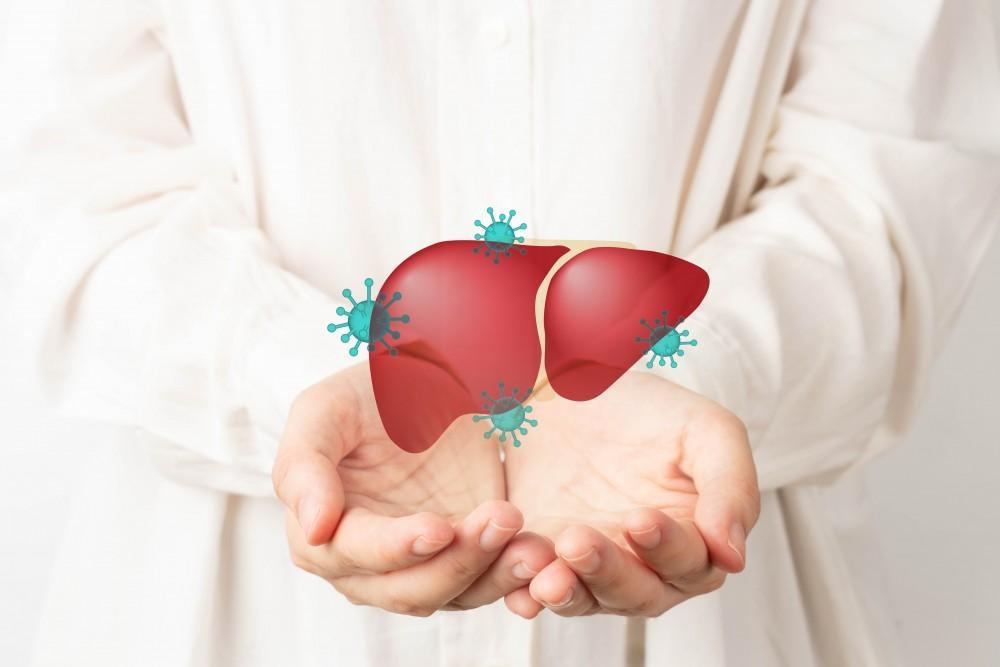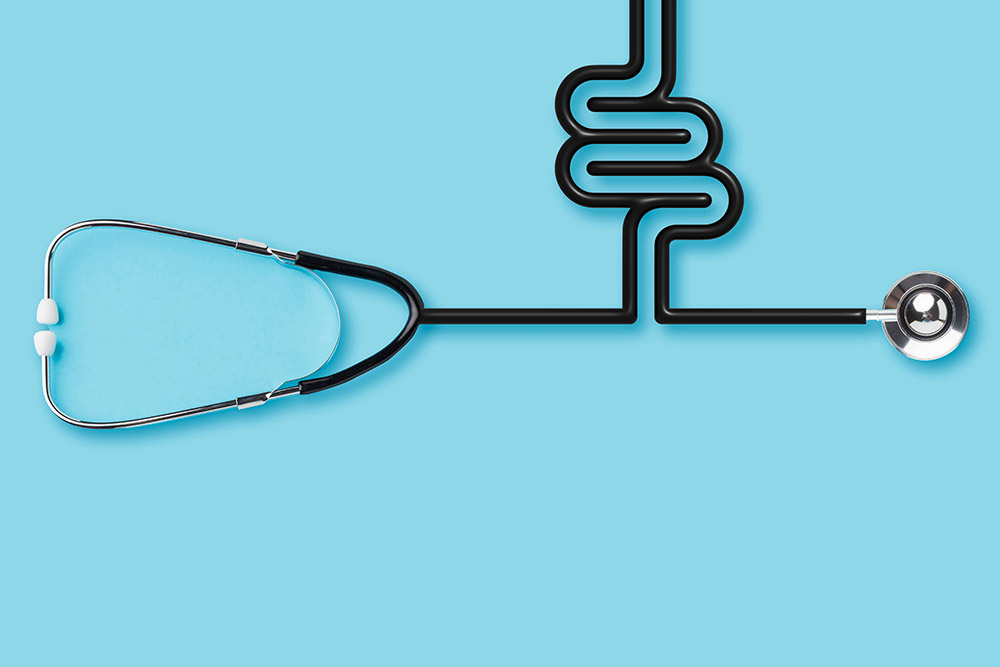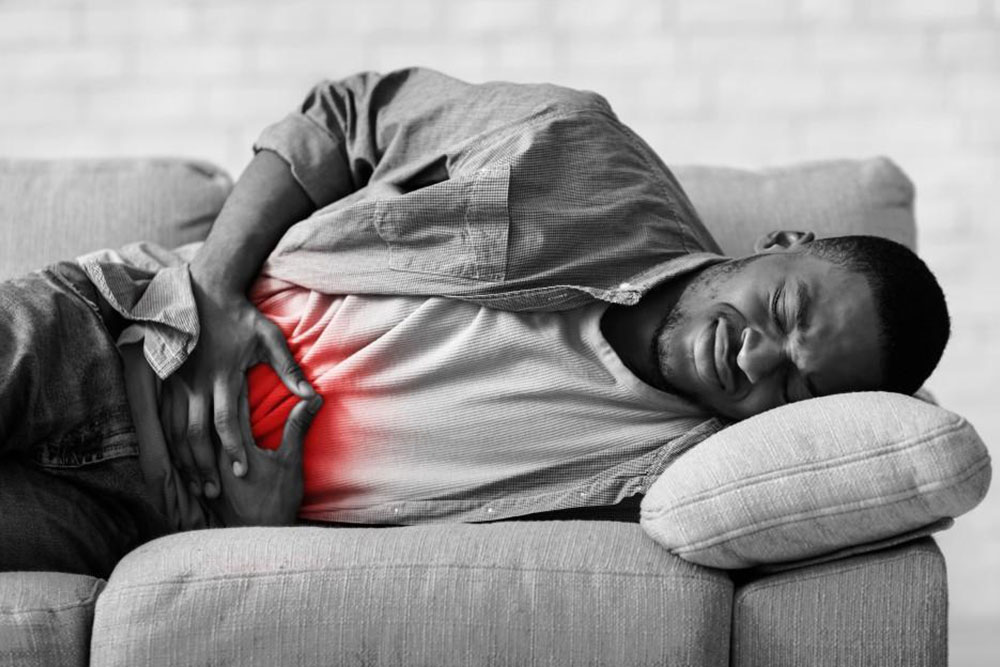Expert Treatment for Budd-Chiarai Syndrome by Dr. Bharat Pothuri
Dr. Pothuri uses a step-by-step approach:
Medical History and Exam
He reviews your symptoms-especially epigastric pain, abdominal swelling, leg edema-and asks about clotting risks (family history, hormone use, pregnancy).
Blood Tests
We check liver enzymes (AST, ALT), bilirubin, albumin, CBC and a full coagulation panel (INR, protein C/S, antithrombin III) to assess clotting abnormalities and liver function.
Imaging Studies
- Ultrasound with Doppler: Evaluates blood flow through hepatic veins and detects obstructions.
- CT or MRI Venography: Offers detailed views of vein blockages, collateral vessels and any liver parenchymal changes.
Advanced Testing (if needed)
In select cases, hepatic venography confirms the site and severity of the blockage. Rarely, a liver biopsy gauges the degree of fibrosis or inflammation.
Frequently Asked Questions
What are the digestive symptoms of Budd-Chiari Syndrome?
You may feel full quickly, lose your appetite, experience nausea, or have trouble digesting fats, which can cause bloating and indigestion.
Can Budd-Chiari Syndrome damage the liver?
Yes. Persistent blood congestion in the liver can lead to scarring (fibrosis), reduced liver function, and eventually cirrhosis if untreated.
How is Budd-Chiari Syndrome diagnosed by a GI doctor?
A GI doctor uses abdominal ultrasound with Doppler to check blood flow, followed by CT or MRI scans and blood tests to assess liver function and clotting factors.
Where can I find a Budd-Chiari liver specialist in Houston?
Dr. Bharat Pothuri at GastroDoxs in Houston is a board-certified gastroenterologist and hepatologist with extensive experience in Budd-Chiari Syndrome care.
Is Budd-Chiari Syndrome dangerous?
It can be serious if untreated, but with early diagnosis and appropriate treatment, many patients manage symptoms and maintain good liver health.
Can pregnancy cause Budd-Chiari Syndrome?
Yes. Pregnancy increases clotting risk, especially in women with underlying clotting disorders or other risk factors.
What is recovery like after a TIPS procedure?
Most patients stay in the hospital for 1-2 days and notice symptom relief within a week, with gentle activity recommended during recovery.












